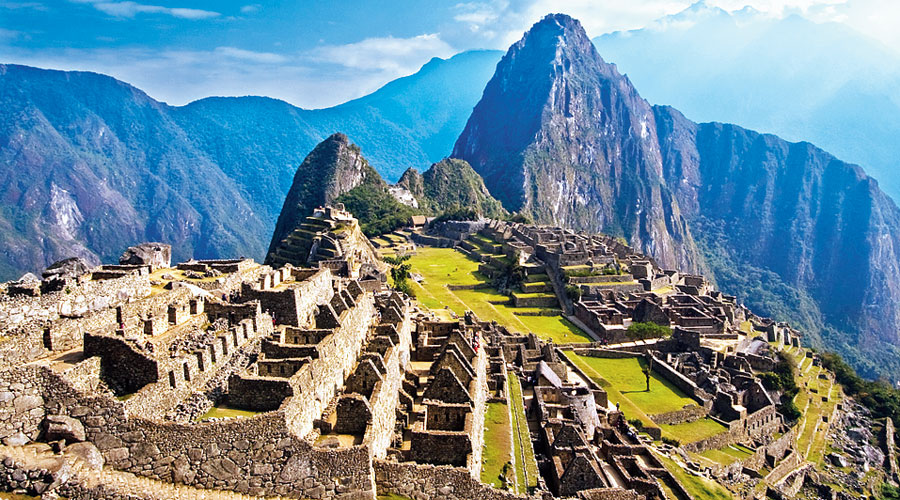Jesse Katayama had planned to end a two-year journey around the world 8,000 feet above sea level at Machu Picchu, the sprawling 15th-century Inca citadel high in the Andes Mountains.
Then the coronavirus happened, stranding Katayama, a 26-year-old Japanese citizen, in Peru and shutting down tourism sites as a lockdown was imposed across the country.
On Sunday, after a wait of seven months, Katayama finally got to visit the Unesco world heritage site. And aside from a few guides, he got it all to himself.
“After the lockdown, the first man to visit Machu Picchu is meeeeeee,” he wrote in a post on Instagram that included photos of him with a park representative.
Alejandro Neyra, Peru’s culture minister, said in a virtual news conference on Monday that Katayama had been granted special access to the site in recognition of his patience.
“He had come to Peru with the dream of being able to enter,” Neyra said. “The Japanese citizen has entered together with our head of the park so that he can do this before returning to his country.”
Before the pandemic, Machu Picchu welcomed thousands of visitors a day. Tourists typically have to apply months in advance for permits to enter an Inca trail that leads to the ancient fortress. Katayama’s original pass was scheduled for March 16, and he arrived two days before, at Aguas Calientes, a town at the foot of the mountain.
But two days turned into weeks and then months. He rented a small apartment in the town and passed the time taking daily yoga classes, teaching local children how to box, and studying for various fitness and sports nutrition certification exams.
He wrote on a crowdfunding website two years ago that he dreamed of opening a boxing gym in Japan and wanted to travel the world to learn the best approaches from each country.
Katayama told a Japanese news outlet that he had considered joining the emergency evacuation flights organised by Japan’s government in the spring, but found them too expensive. He ultimately decided to stay, postponing his departure in the hopes that Machu Picchu would soon reopen.
His patience paid off in the end, and he became a bit of a local celebrity last week when La República, a major Peruvian paper, covered his vigil and called him “the last tourist in Machu Picchu”.
New York Times News Service










